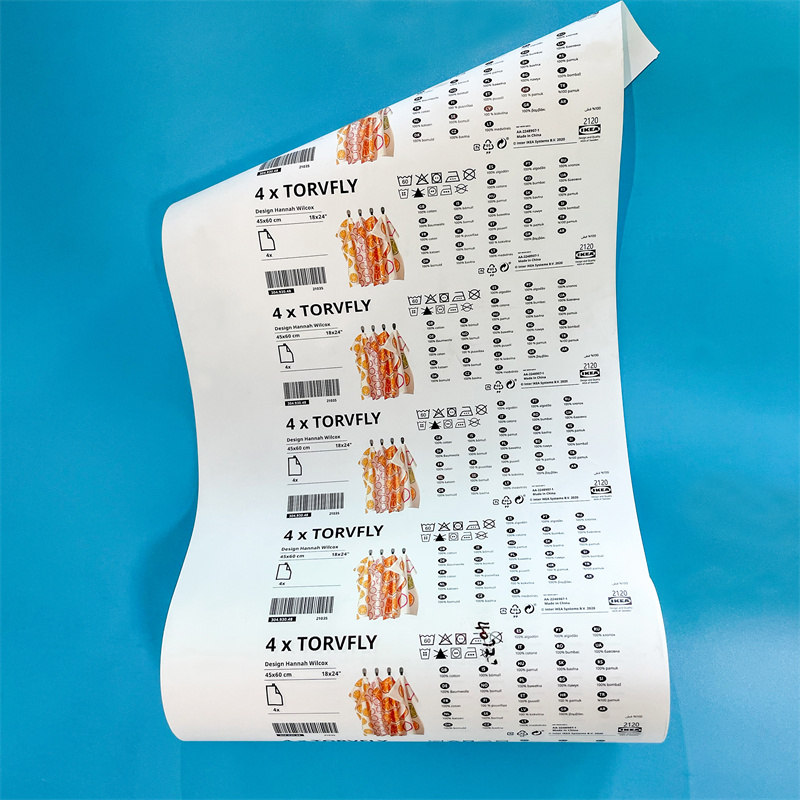By Jenny Awford for MailOnline
Published: 04:14 EDT, 27 August 2014 | Updated: 13:20 EDT, 27 August 2014 Carbonless Cash Register Roll

It has been almost 125 years since a cardboard tube was first inserted into a roll of toilet paper.
But now engineers at an American company have decided to remove it and replace the tube with – nothing, in an attempt to cut down on waste.
Kimberly-Clark Corp. says the simple step could eliminate a large chunk of 17 billion cardboard tubes thrown away each year - enough to fill the Empire State Building twice.
Kimberly-Clark Corp. says the simple step of removing the centre tube in its Scott Naturals bathroom tissue could eliminate a large chunk of 17 billion tubes thrown away each year
Scientists, based in Neenah, Wisconsin, developed the tubeless toilet paper roll for Scott Naturals and it has been test marketed on a limited scale in New York, New Jersey and Pennsylvania.
It is now being launched nationwide through Walmart stores.
Jared Mackrory, brand manager for Scott, said: 'You just put it on the spindle like regular bath tissue. And when you get to that last sheet, it just rolls off. There's no wasted cardboard tube left behind.
'We know the vast majority of American consumers want to be greener, but they are unwilling to pay extra for it, and they are unwilling to sacrifice quality for it.'
Scott Paper Co. was the first bathroom tissue maker to insert a cardboard tube into the roll, back in 1890
The cost to the company is about the same, according to Kimberly-Clark, with the cost saved by removing the tube offset by the changes in manufacturing.
'If this were easy, other brands would be doing it,' said Mackrory.
The tubeless roll will work with any dispenser, but it wobbles slightly as it is unwound, according to manufacturers.
'As a father of very small kids, I actually like because the toilet paper won't fly off the roll quite so quickly if a child runs with it,' said Mackrory.
Kimberly-Clark said it will not be eliminating any jobs in its plants by dumping the toilet paper tube.
Ken Fischburg president of ToiletPaperWorld.com, agrees that it's a good idea if it keeps the tubes out of landfills and sewage systems as some people flush them down the toilet.
He said: 'Those paper tubes hardly ever make it to the recycling collection center, even though they're made from recycled content.
'The only issue is whether the core is big enough to accommodate the multiple types of dispensers. Depending on the dispenser, that could be a problem.'
Scott Paper Co. was the first bathroom tissue maker to insert a cardboard tube into the roll, back in 1890.
Brothers Clarence and Edward Irvin Scott, from New York, launched the concept of toilet paper on a cardboard roll in 1890.
The Scotts' brand became more successful than the medicated wipes used at the time.
By the end of the 19th century, more homes were being built with sit-down flush toilets tied to indoor plumbing systems.
And because people required something that could be flushed away with minimal damage, toilet paper adverts boasted that the product was recommended by both doctors and plumbers.
In the early 1900s, toilet paper was still being marketed as a medicinal item.
But in 1928, Hoberg Paper Company tried a different tactic and introduced a brand called Charmin.
The product was fitted with a feminine logo that depicted a beautiful woman and this proved to be successful.
Currently, the United States spends more than $6billion a year on toilet tissue—more than any other nation in the world.
Americans, on average, use 57 squares a day and 50 lbs. a year.
The comments below have not been moderated.
The views expressed in the contents above are those of our users and do not necessarily reflect the views of MailOnline.

White Label We are no longer accepting comments on this article.